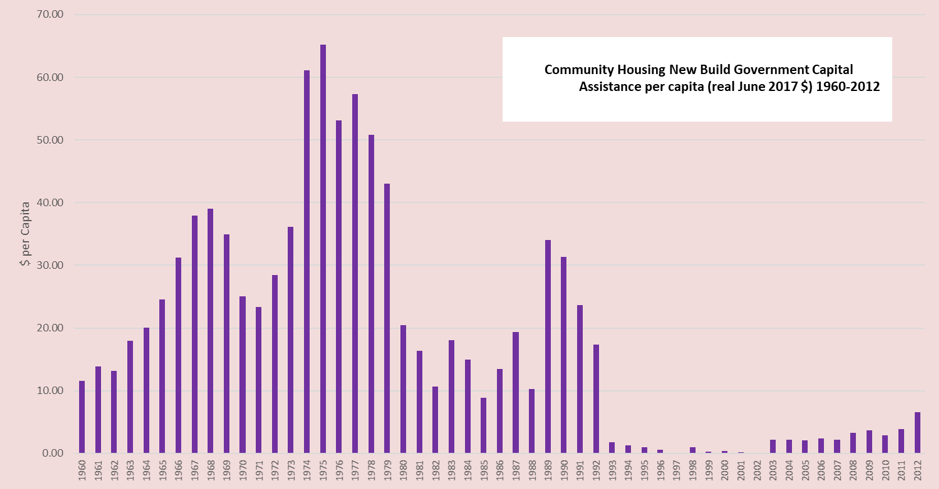I have often been asked why I never went to Parliament. The main reason is I couldn’t stand being told by a whip how to vote. I’m just not compliant enough. I admire those who go, and I have put lots of effort over the years assisting others to head in that direction.
Another reason, other then the whips, is that I can’t stand adversarial politics. I’m red and you are blue, so I’m right and you are wrong. It would just do my head in. I respect when somebody who has different ideas from me, has an idea better than mine. Then I have to change. Under our current system that’s not possible. That’s why I love Local Government. It’s essential that you work in this manner to get things to happen.
This week I finished the autobiography of Kim Wakeman and in his last chapter he said:
“In the world of criminal justice, populist politics force people to take rigid positions. Each side of the debate promotes the” either you are for us or against us” line, and the temptation is to weigh in on every issue in the absence of objective inquiry. When that happens, we become part of the problem…….as Carl Jung said “only the paradox comes anywhere near to comprehending the fullness of life”. When we deny paradox, we fail to be who we really are. If one loser is truth, the other is civility; the art of disagreeing without disrespect and negotiating interpersonal power so that everyone’s voice is heard.”
I wonder if we could apply this wonderful writing to embrace the concept of calling for a national accord on housing. Why should this seem to be a paradox in to our countries politicians and their thought processes? Why don’t we take housing policy out of the debating pit, as the media have treated it in the past week as they beat up the Government, and say that we all agree there is a national crisis in housing, and that we have all been part players in what has become a national tragedy. The solution is a shared one.
Let’s consider this graph which Kay Saville-Smith, that outstanding researcher on Housing, supplied to me recently:

If you get your glasses out and read this graph you will see that successive Governments, of all political persuasions, invested heavily in community housing initiatives from 1960, especially for the poor. Then, in 1992, the “mother of all budgets” turned the tap off. Since then, effectively no Government has invested to the same level as the previous 3 decades, including Labour Governments.
Then consider this graph, also from the clever Dr Saville-Smith:

So, we have gone from 71.2% of those 25-39 years of age owing their own homes in 1986, to 41% in 2013. I suspect that the number will be even lower now.
Successive Governments have stopped funding housing for Local Government and Community Housing providers. In addition to this there was no assistance for people to purchase their first home, as had been made available for generations before, and the direct result was rental housing became the homes of those who would normally have moved on and purchased their own houses.
Here’s what happened when these graphs reach their natural conclusion:

This person sleeping on the street is an indicator of where we got it wrong. Walk down New Regent Street any night and look in a doorway. There is somebody who is our responsibility if we consider us to be a decent society.
These are the people who have paid the price of successive government neglect. The solution is all of our responsibility.
I will be written off as a sell out by my leftie mates, but maybe the offer on housing by Judith Collins this week should be seriously considered. I know we should always be aware of the crocodile who smiles. However, Judith Collins, maybe in her effort to become the leader of the National party, has extended the olive branch to Megan Woods on housing policy. She said:
That the two biggest parties in Parliament should be working together to find a solution.
“I’m all for first home buyers, all for the market all for getting building done and I just think let’s just put aside politics, let’s just get it done, I can help you do it, that’s what I’m saying to the Labour Party,” she said.
I’m old enough to remember when this used to happen in Parliament. One party brought in new policy initiatives, often Labour, and the other party either tweaked it, or built on it. This was the case with housing, education and health.
Modern politicians seem to think crossing the floor to develop policy is a reflection of them being weak, or a failure. Think about how Labour was treated this week by the media. That’s why they don’t collaborate when they should. Every now and then they prove they can collaborate on freedom of conscience topics, like abortion. My question is what’s wrong with Megan accepting Judith’s offer? Isn’t “housing-for-all” a topic which should be apolitical; isn’t decent housing for all a conscience issue?
I applaud Judith Collins and invite Megan Woods to show that women can show us blokes how women can change the world.
Leave a Reply